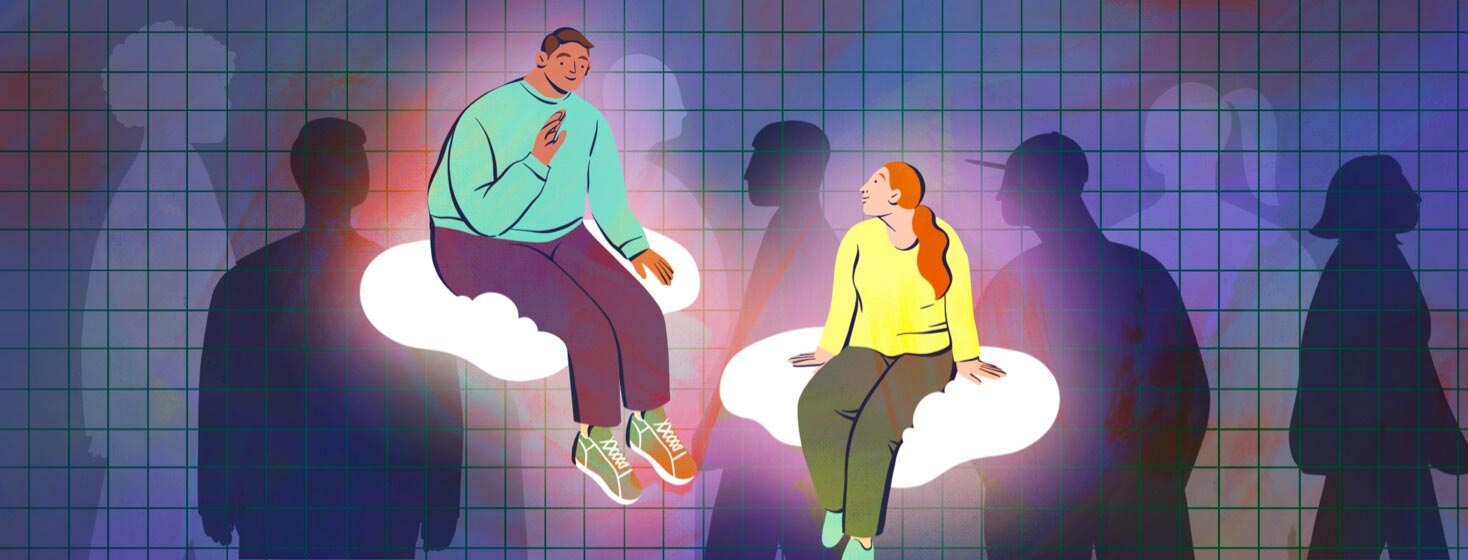How to Help People With Narcolepsy Feel Seen
Living with an invisible illness like narcolepsy can make us feel invisible, too.
I can imagine that it’s difficult for people who don’t live with a chronic condition to be able to understand it, in the same way that I cannot imagine what it's like to be blind or live with chronic pain.
It’s important not to judge those that have never experienced our reality.
Sometimes people want to be supportive, but don't know how
All we ask for is that people care enough to try to understand. While this may sound contradicting, it’s actually quite simple; what matters isn’t the act of understanding. What matters is the consideration behind the attempt.
As an advocate, people sometimes reach out to me for support or help — especially those who have been recently diagnosed with narcolepsy. Yet, I have been very surprised, at times, by people who have reached out to understand how they can support a loved one living with narcolepsy.
This helped me to realise that sometimes people may want to be supportive but genuinely don’t know how.
How to help people with narcolepsy feel seen
So, here are a few tips that I believe could help people who want to help those of us with narcolepsy feel more seen.
Show interest
To understand anyone, we have to know their story, and the best way to do this is to ask and listen. Showing interest in someone else’s struggles is one of the most supportive things anyone can do.
It took me a long time to realise that people can feel scared or awkward when approaching the topic of narcolepsy. Some people might feel afraid to offend us, while others may assume that if we aren’t talking about it it’s likely because we don’t want to.
Everyone is different. There are people who will want to talk, and there are those who won’t. The important thing is to show that you are willing to listen if they ever do.
Be empathetic
A small gesture can have a significant impact. Saying "I’m here for you if you need me" when we are venting about the difficulties we’re experiencing can go a long way in making us feel seen.
Showing empathy can mean helping with the washing up instead of complaining about the fact that you’re having to do it. If you can see that we look tired, ask if we want to take a nap instead of asking if we’re tired and then immediately bringing up your own exhaustion.
Be flexible
For us, respecting our bodies often means having a different schedule from everyone else and doing things on our own time.
It can mean being slower than most, arriving late to commitments, or not going at all. Having narcolepsy means having to readjust our entire lives, and being reprimanded for things out of our control isn’t supportive.
Do your research
Doing your own individual research is important for 2 reasons.
Firstly, it’s a major form of showing interest, which means that you are also showing you care.
Secondly, it’s a way for you to become more informed about narcolepsy and actually understand the condition and its impact on people’s lives. Every single one of us has such a unique experience that one person’s story alone isn’t enough to offer the full picture.
What helps you feel seen?
These are just a few key pieces of advice that I believe can make an extraordinary amount of difference in someone’s life.
Please share any other ways that help you feel seen.
Thank you!

Join the conversation